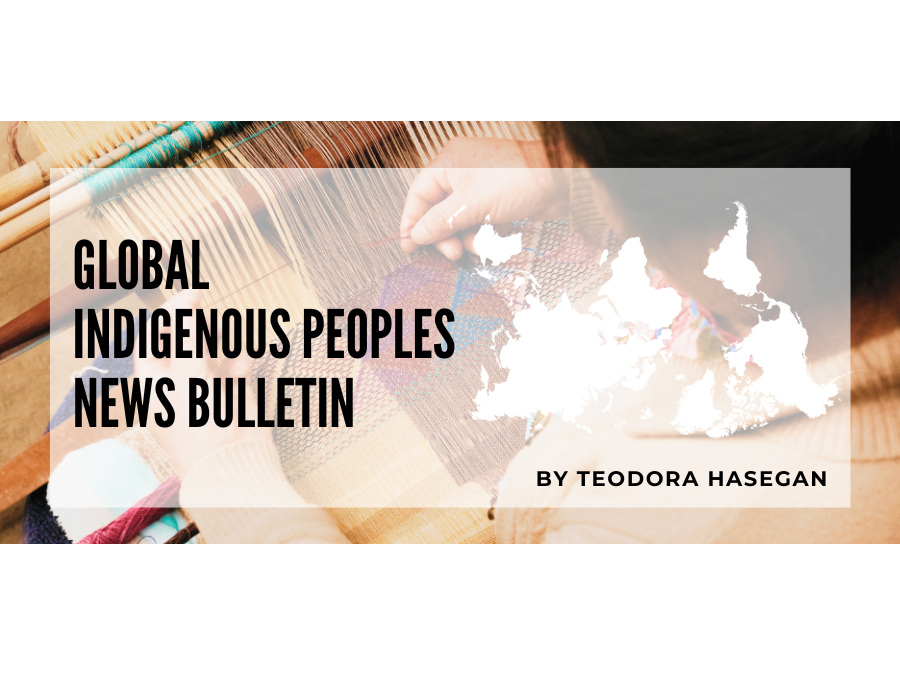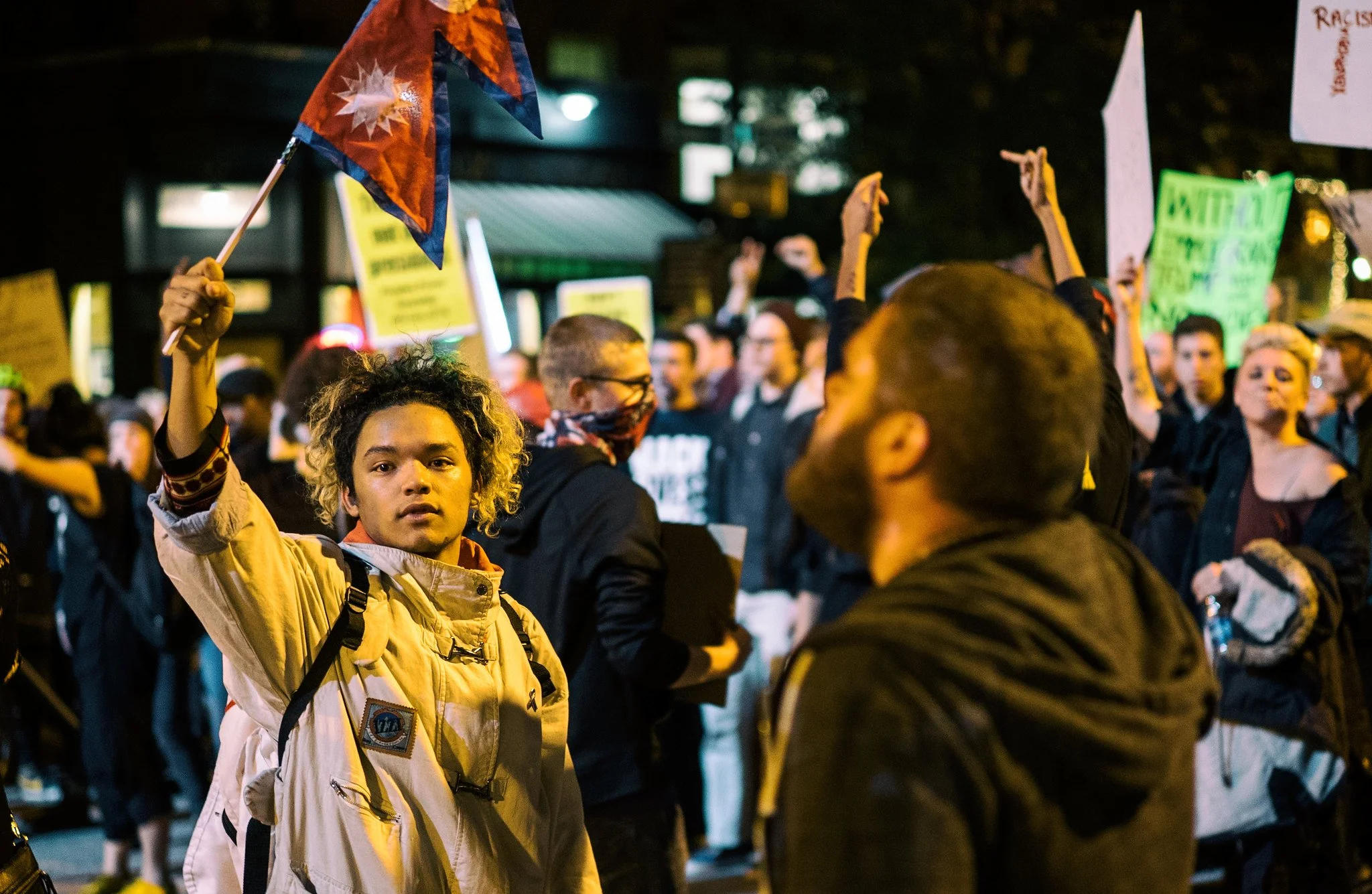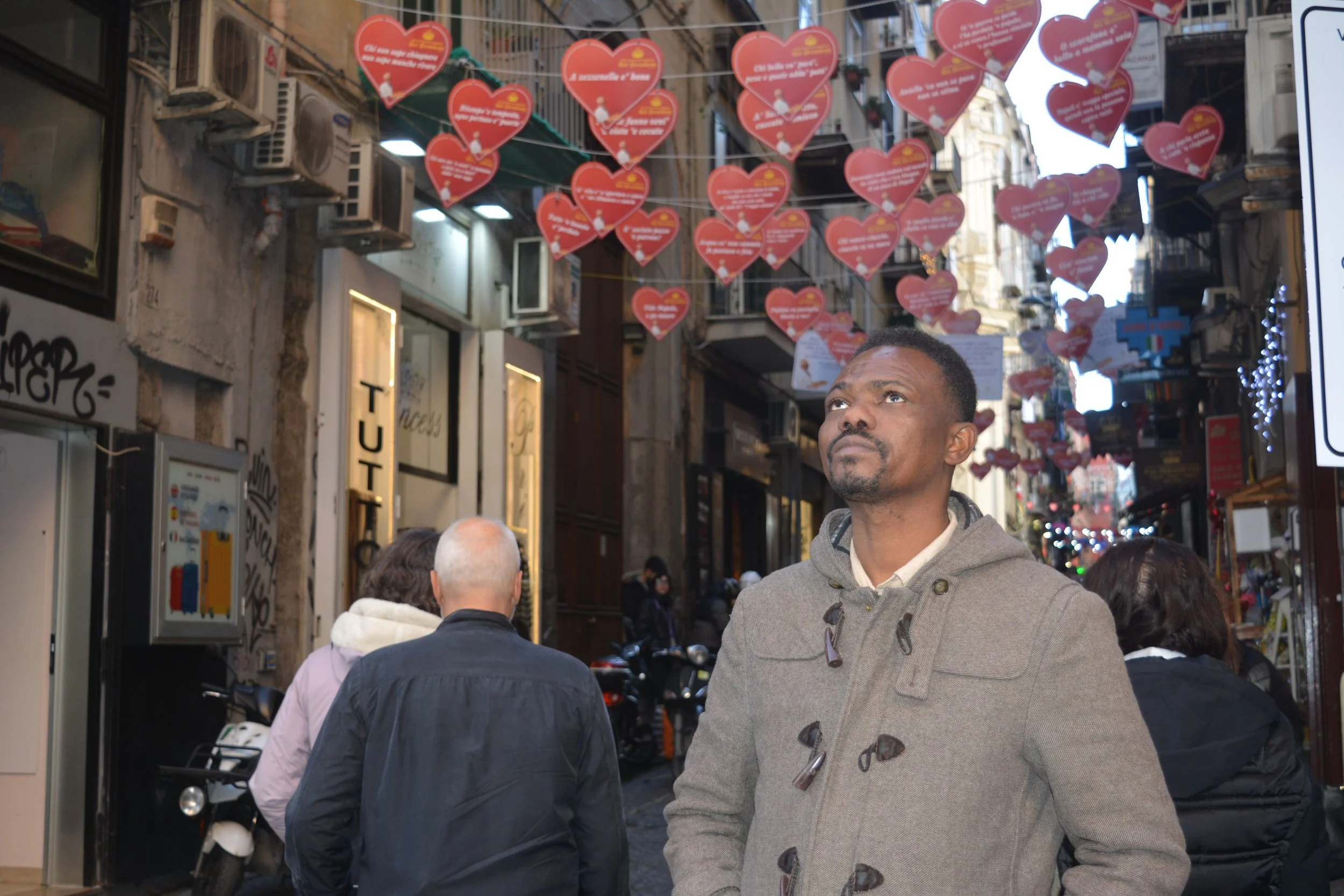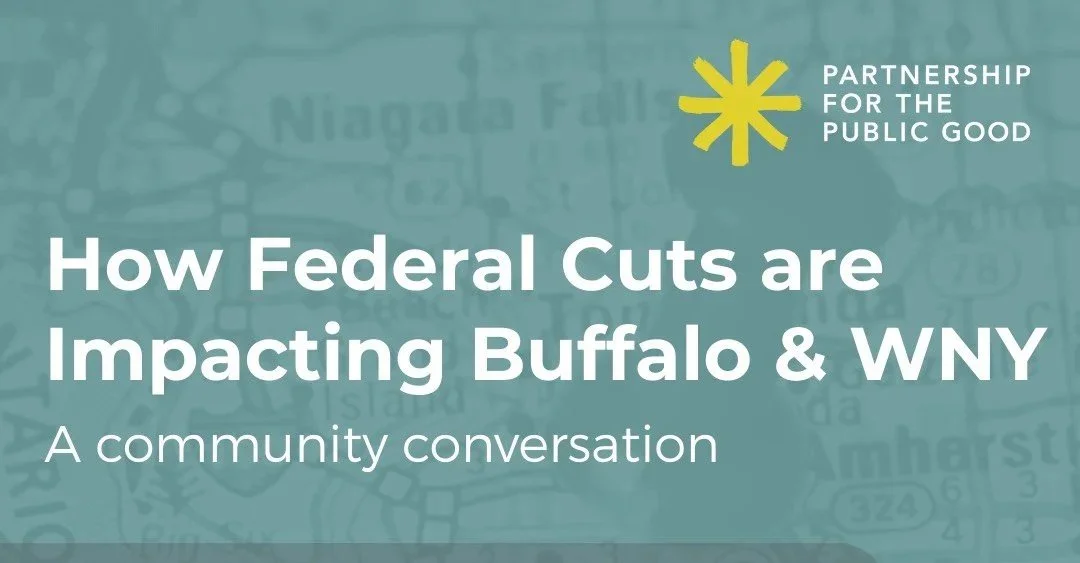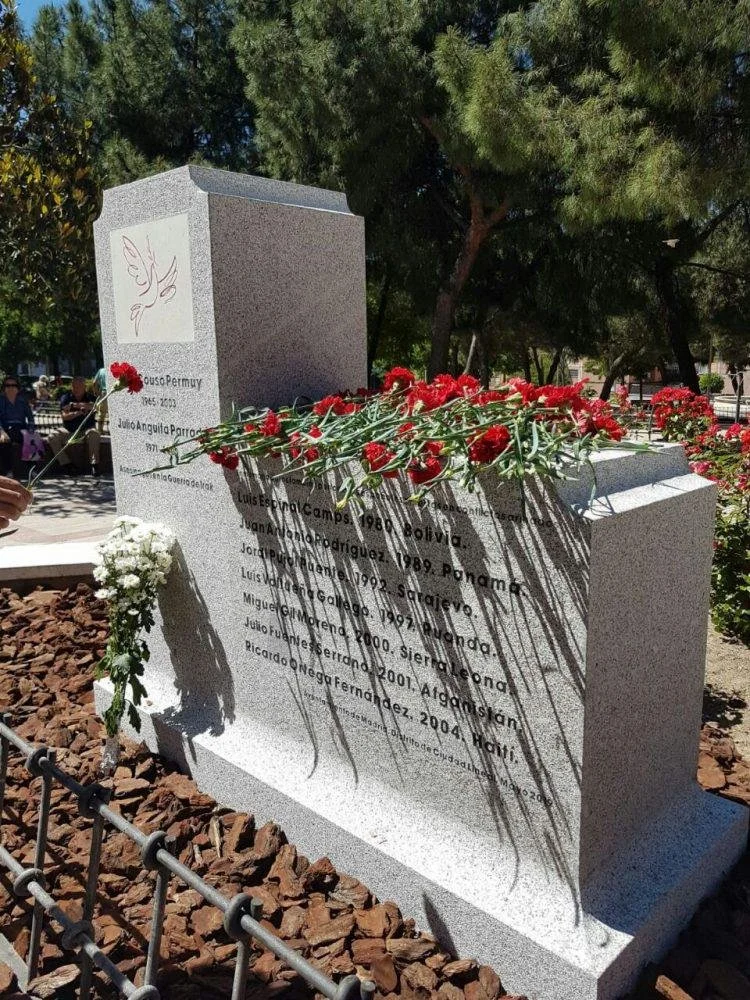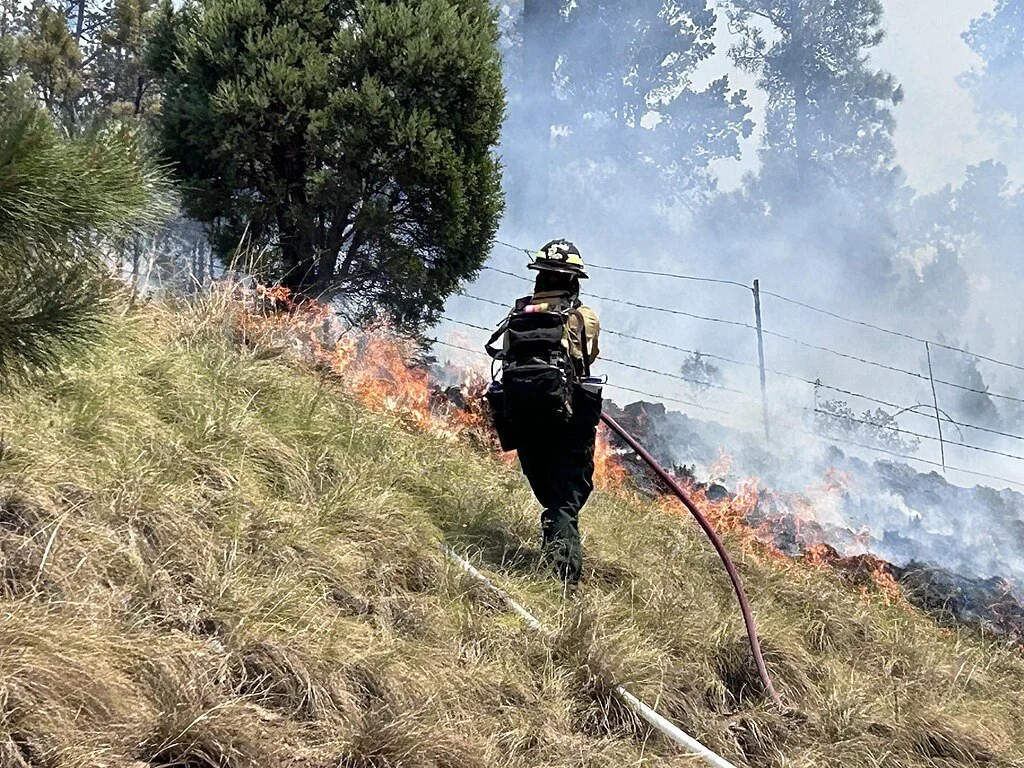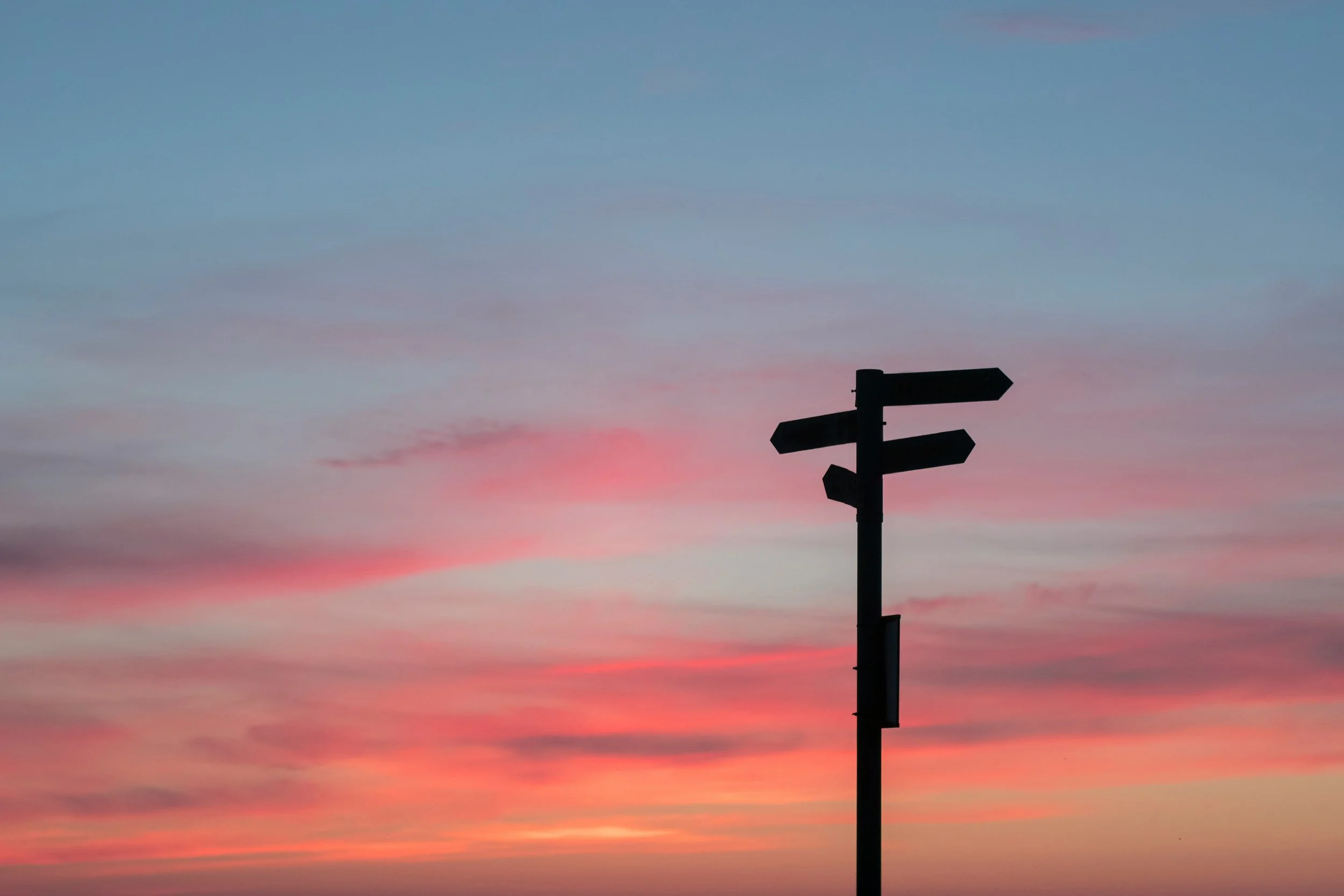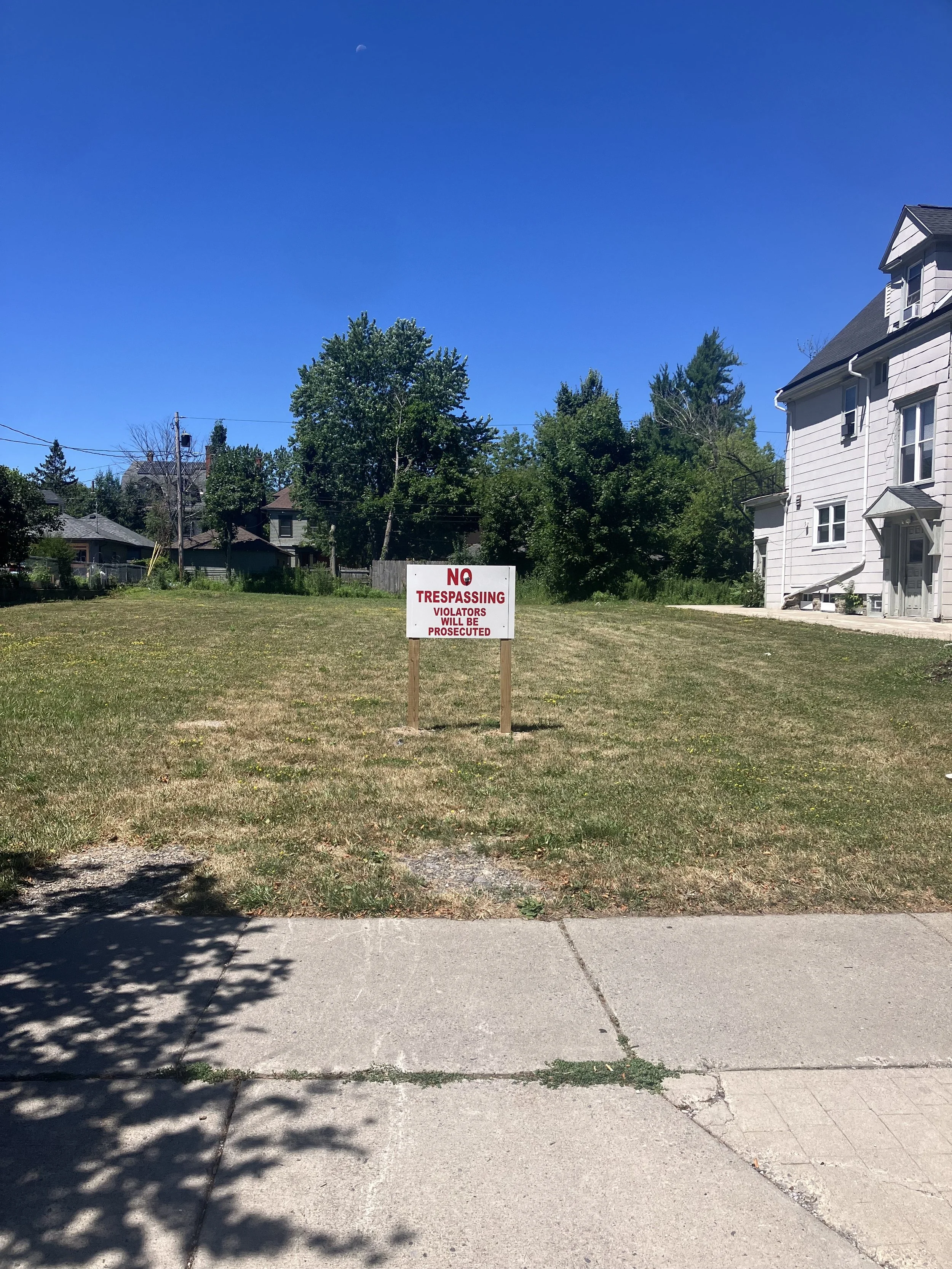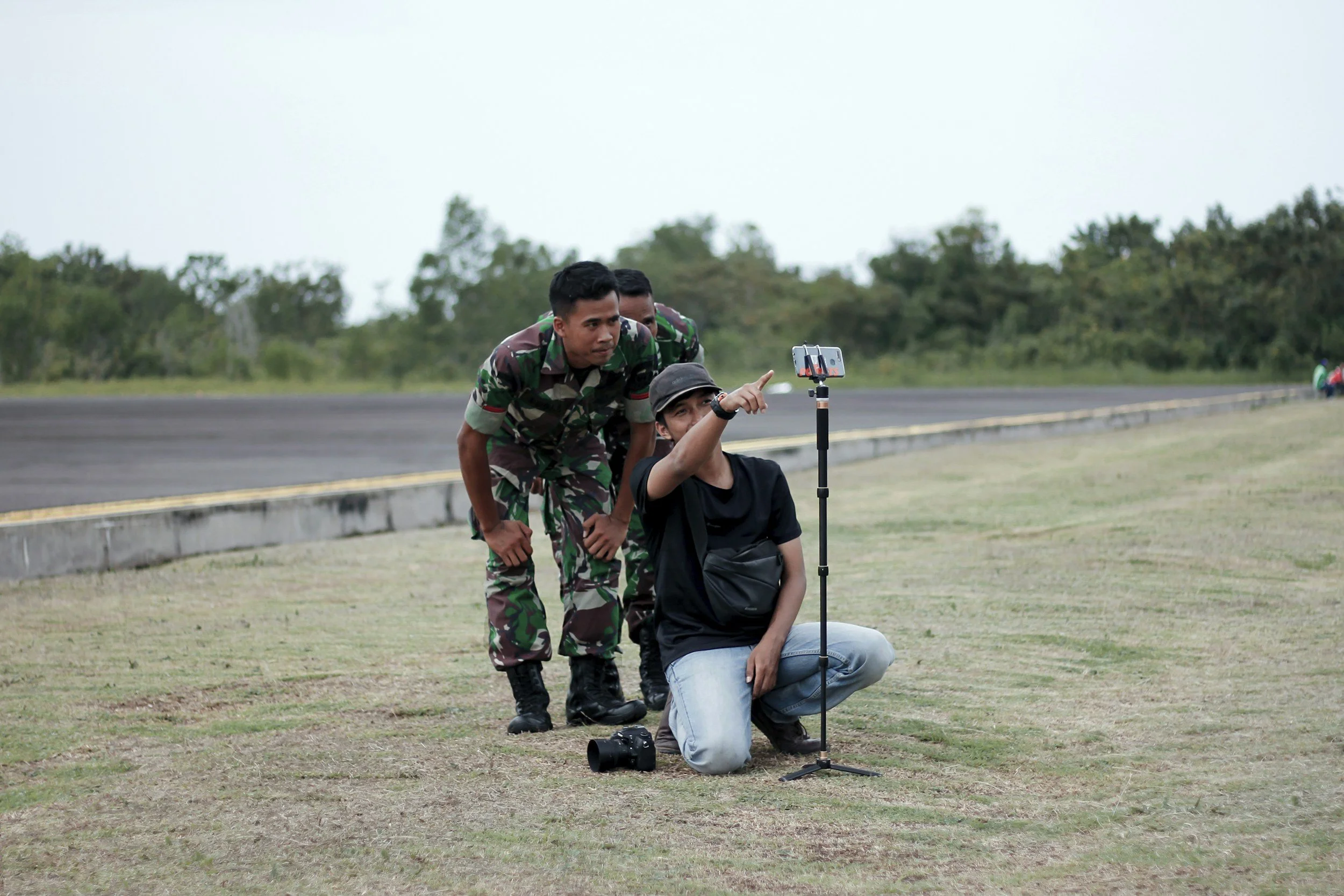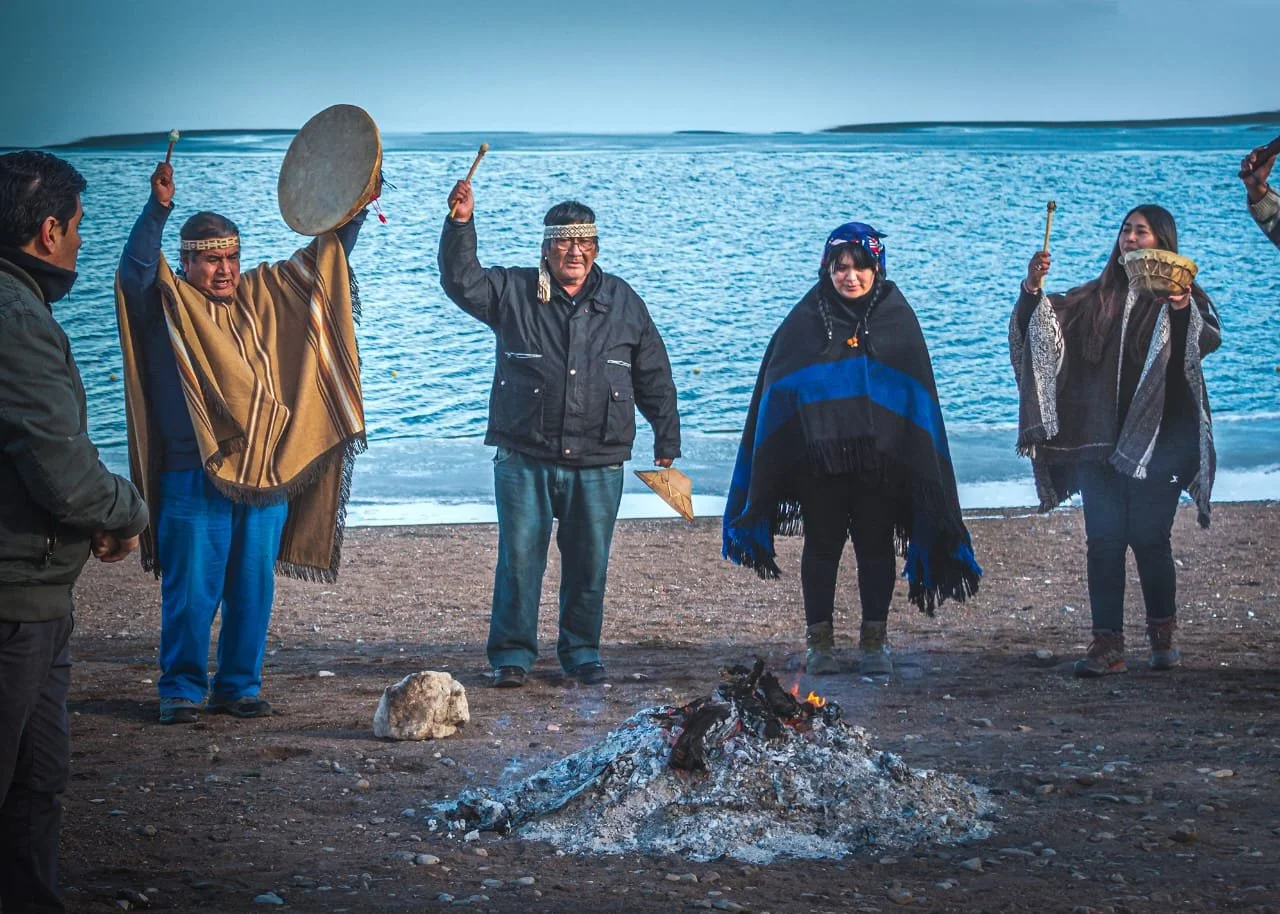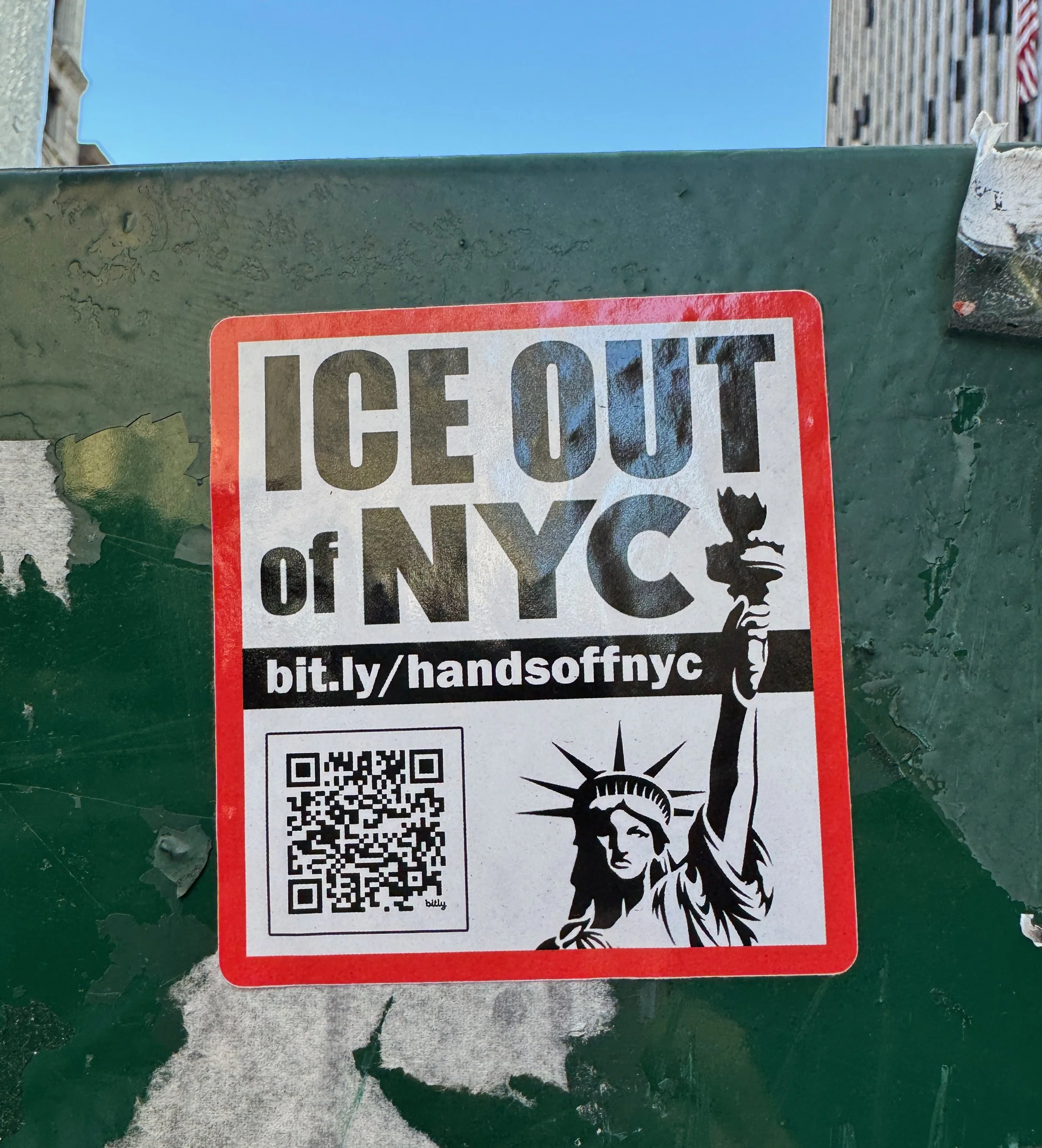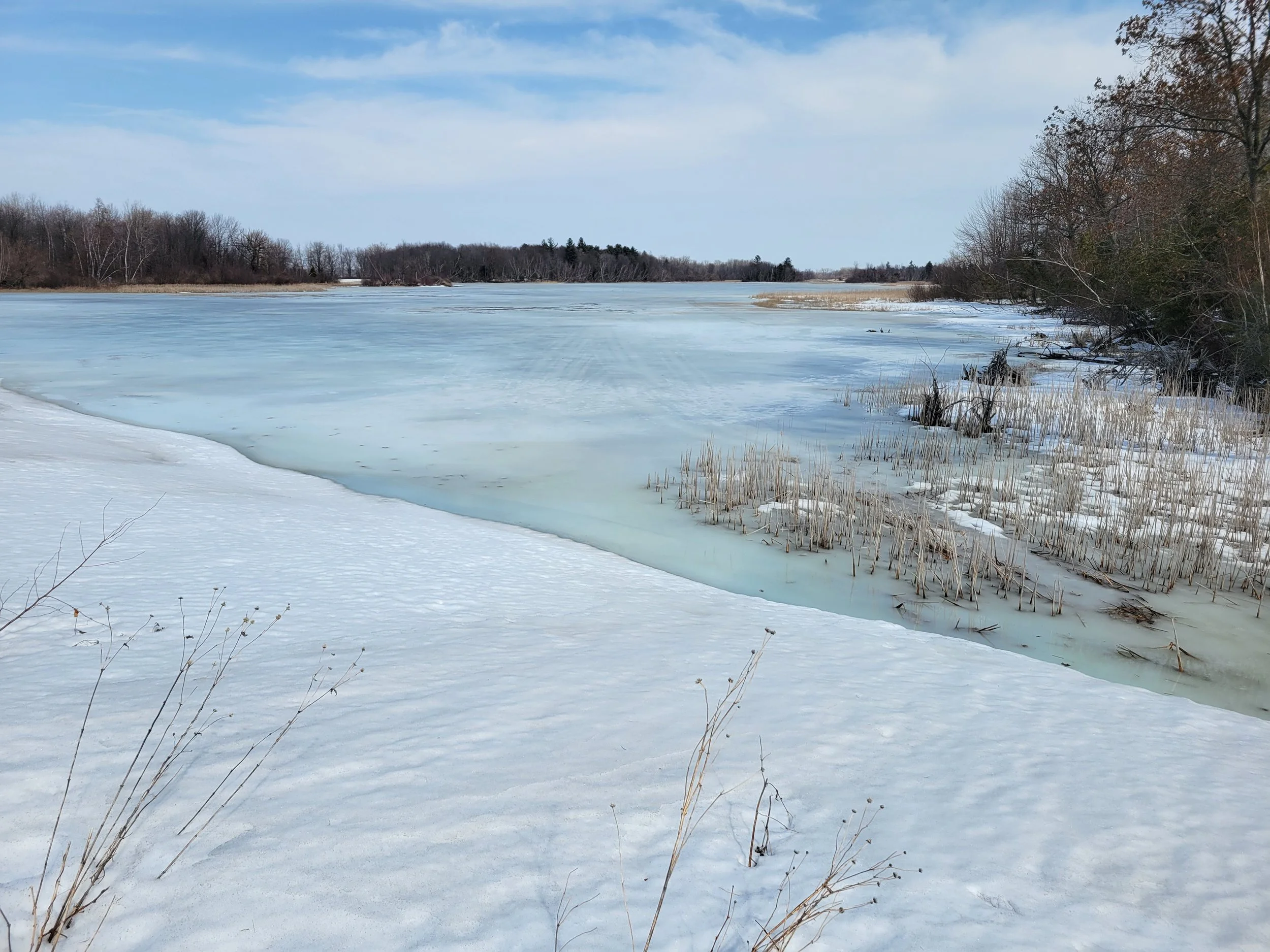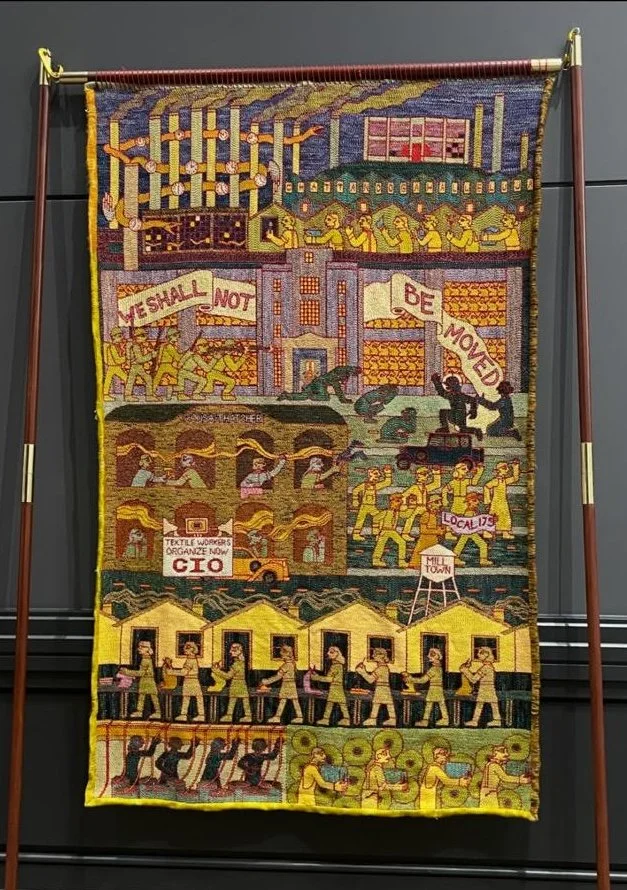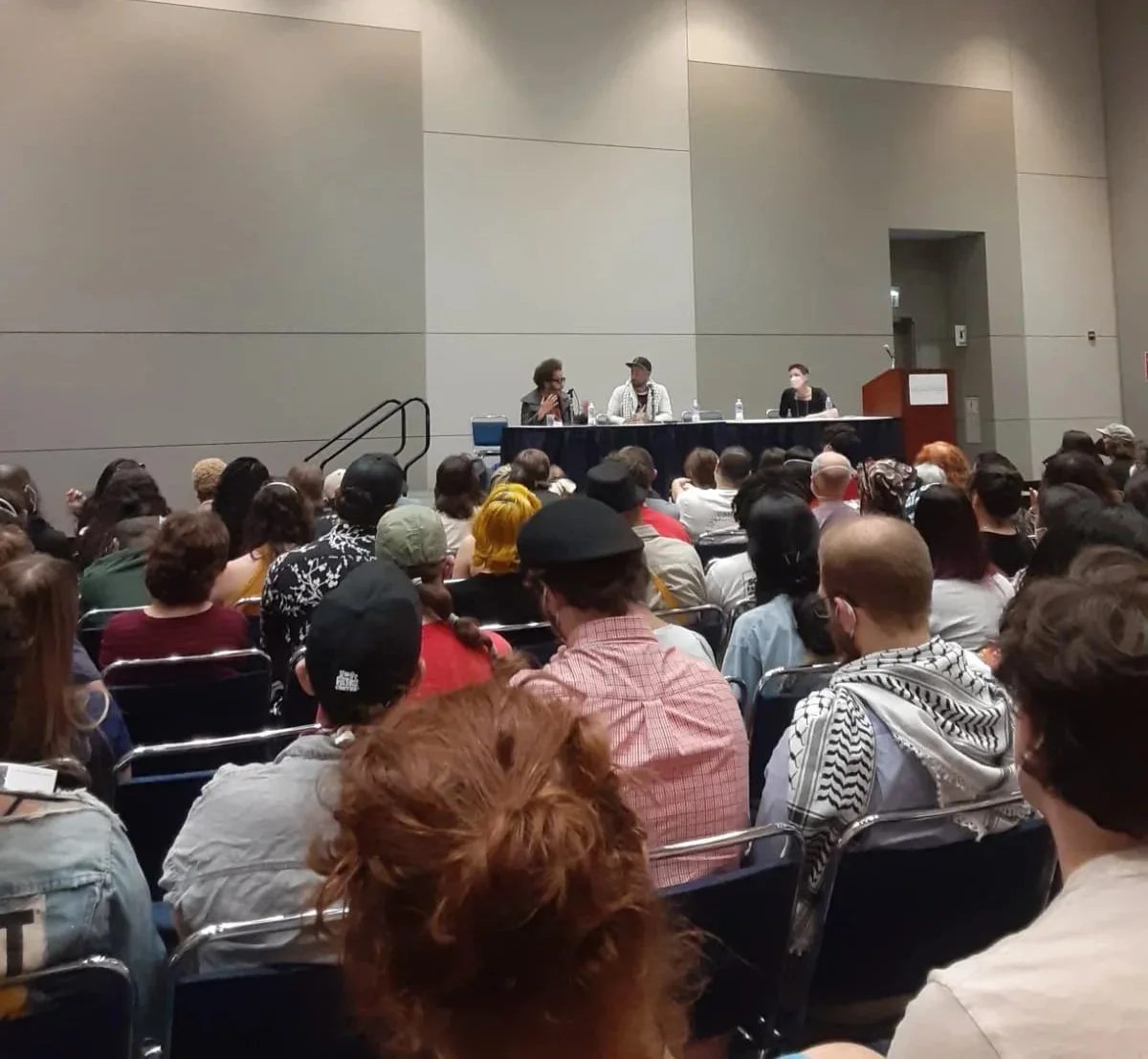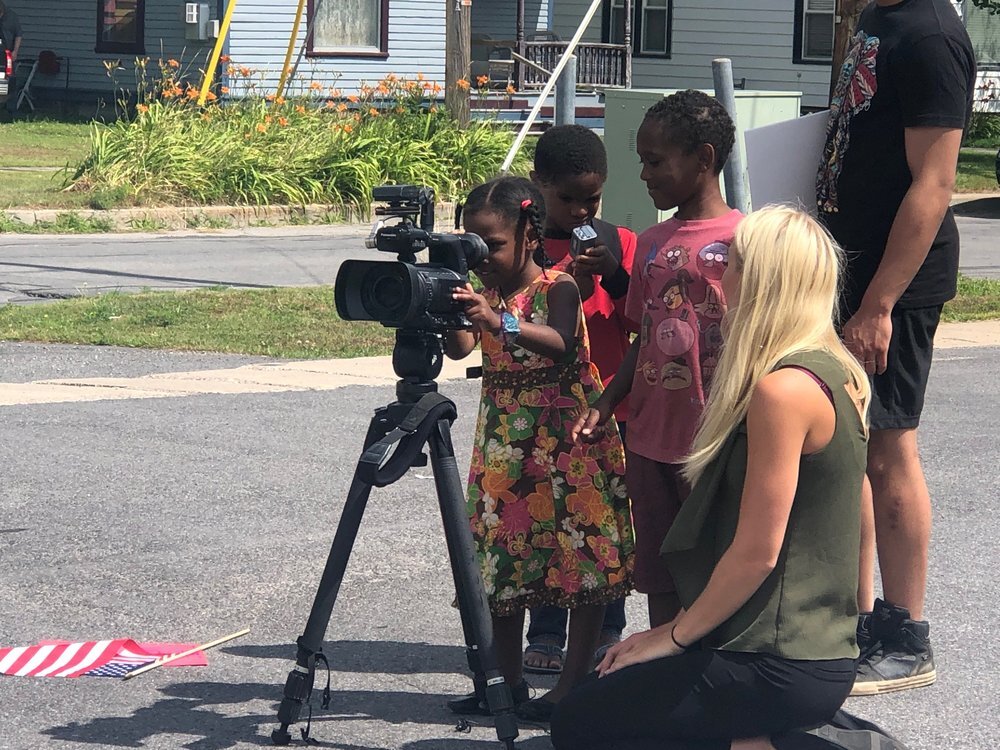
Stories
News

Analysis
Voices
Podcast
Announcements
Events

All Stories
"My COVID Summer" : Students Share Experiences, Hopes for the Future
St. Lawrence University students, like students everywhere, have faced a range of issues connected to the global pandemic. Weave contributor and editor Nicole Roché reached out to former students from all over the country—and all over the world—asking them to share their experiences from this difficult summer.
Here are their stories.
Mass Action in Boston Against Police Brutality: “It’s about all of us”
By Nicole Eigbrett
BOSTON, MA – Demonstrators gathered at the Boston Police Headquarters in Roxbury on April 4, demanding for justice for Stephon Clark, Usaamah Rahim, Terrance Coleman, and several other victims who were killed by police officers.
Surviving PWIs for POCs: Two Too Many
By Jarrodd Davis
Jarrodd Davis on the Mayweather vs. McGregor fight: "What had I gotten myself into? We gathered in a white space to watch America’s race relations play out on a literal stage and in real time."
Call for Submissions: Surviving PWIs for POC
By Weave News Editors
Weave News is starting a new series documenting the experiences of students of color at predominantly white institutions (PWIs), and we want your submissions.
Israeli Anti-Blackness, Part III
By Jimmy Johnson
Anti-Blackness is built into Zionism and brought from Europe to the colonial encounter, argues Jimmy Johnson. Part III of III.
Attack on Academia, Part 4: Interview with Melissa Zimdars
By Sarita Farnelli
In November 2016, facing Donald Trump’s impending election, Zimdars created a document to help her students practice analyzing the credibility of various websites claiming to share news. After the list went viral, Zimdars was doxxed by alt-right activists, and quickly received a series of threats. At one point, campus security had to be posted outside her office door.
Attack on Academia, Part 3: Interview with Lisa Durden
By Sarita Farnelli
After appearing on Tucker Carlson Tonight to defend a Black Lives Matter event, Lisa Durden was met with a wave of online harassment and subsequently fired by Essex County College. However, Durden’s side of the story, revealing the lack of due process and communication from the college, indicates deeper problems faced by adjuncts, people of color and women that regularly contribute to similar incidents to her firing, which she described as a “public lynching.”
The Lightning Strike of False Rape Accusations
By Christian Exoo
The chances of being falsely accused of rape are similar to being struck by lightning-- one in a million. So why is the Department of Education meeting with men’s rights activists who perpetuate the myth of false accusations?
Attack on Academia, Part 2: Interview with Dana Cloud
By Sarita Farnelli
This is the second installment of Attack on Academia, a series of interviews with academics who have endured sustained campaigns of threats and harassment from the alt-right. The first installment, an interview with Heidi Czerwiec, can be found here.
Dissecting Boston XII: Forest of Watchers
By Tzintzun Aguilar-Izzo
As part of our ongoing Weaving the Streets project, Tzintzun Aguilar-Izzo reveals his final act of artistic resistance. As the conclusion for this "Dissecting Boston" series, Tzintzun created a public installation on the beach of Plum Island, Massachusetts. This installation, "Forest of Watchers," embodies the subaltern gaze. It destabilizes the colonial borderlines of history; borderlines we are all complicit in constructing.
Dissecting Boston XI: Vandal Art
By Tzintzun Aguilar-Izzo
As part of our ongoing Weaving the Streets project, Tzintzun Aguilar-Izzo contextualizes his acts of artistic resistance/vandalism. To accomplish this task, Tzintzun revels his previous intrusions within the border walls of the museum. From the Metropolitan Museum of Art in New York City to the Institute of Contemporary Art/Boston, Tzintzun employed art/activism to re-politicize the white walls of censured history.
Dissecting Boston X: Projected Other
By Tzintzun Aguilar-Izzo
As part of our ongoing Weaving the Streets project, Tzintzun Aguilar-Izzo explores his Mexican American mask and the layers of racism that lie underneath the surface of Plum Island, Massachusetts. To illustrate his argument, Tzintzun narrates the act of artistic rebellion he underwent to prevent the flattening of his Mexican American heritage into a "taco." Hard shell or soft shell, anyone?
DISSECTING BOSTON IX: Undesirables
By Tzintzun Aguilar-Izzo
As part of our ongoing Weaving the Streets project, Tzintzun Aguilar-Izzo delves deeper into the development/conquest of Plum Island, Massachusetts. In doing so, Tzintzun grapples with the correlations between real estate and border construction. All bordered communities exclude portions of the population. The question remains: Who are these "undesirables"?
Dissecting Boston VIII: Land Addiction
By Tzintzun Aguilar-Izzo
As part of our ongoing Weaving the Streets project, Tzintzun Aguilar-Izzo explores the correlation between private ownership and climate change. By analyzing the 1920s partitioning of Plum Island, Massachusetts, Tzintzun dissects humanity's ownership addiction.
In Pennsylvania, Resistance Grows to Proposed Sunoco Pipeline
By Sarita Farnelli
In Pennsylvania, Sarita Farnelli reports on activist camps rallying to protect the environment from a 350-mile pipeline proposed by Sunoco, whose use of eminent domain to seize land has community members fearing for their homes.
Dissecting Boston VII: Erosive Division
By Tzintzun Aguilar-Izzo
As part of our ongoing Weaving the Streets project, Tzintzun Aguilar-Izzo describes his own act of figmantary division on the beaches of Plum Island, Massachusetts. In a public installation piece (beach art) entitled the "Outer Limit," Tzintzun brings to light the correlations between borders, private property and human induced global warming.
Dissecting Boston VI: Puritan Fencing
By Tzintzun Aguilar-Izzo
As part of our ongoing Weaving the Streets project, Tzintzun Aguilar-Izzo explores the historical roots of New England's gentrified divisions, unraveling the complex history of colonial boundaries.
Dissecting Boston V: Recipe for Unmasking
By Tzintzun Aguilar-Izzo
As part of our ongoing Weaving the Streets project, Tzintzun Aguilar-Izzo reveals the "recipe" he used to unmask his Mexican-American identity (presented in a visual poem), a recipe that anyone can use to unravel the spectacle of their personal representation.
Dissecting Boston IV: Border Masks of Identity
By Tzintzun Aguilar-Izzo
As part of our ongoing Weaving the Streets project, Tzintzun Aguilar-Izzo dissects his Mexican American heritage in a visual poem, unravelling the projects borders of his identity.
Are Comparisons of South Africa and Israel Useful?
By Jon Soske and Sean Jacobs
This post is part of our project, Holot: Crossroads of Global Violence. It was originally published by Mondoweiss and is reprinted here with permission of the authors.
The South African Nobel laureate J.M. Coetzee has a habit of speaking in rhetoricals. The effect, however, is that he makes his point quite clearly. This was the case recently at the Palestine Festival of Literature, which travels through Israel and the occupied Palestinian territories. Speaking on the festival’s last day, Coetzee noticed that “naturally people ask me what I see of South Africa in the present situation in Palestine.”
At first, Coetzee suggested that using the word apartheid to describe the occupation is not a productive step (“it diverts one into an inflamed semantic wrangle which cuts short the opportunities of analysis”). Coetzee then offered a definition of South African apartheid: “Apartheid was a system of enforced segregation based on race or ethnicity, put in place by an exclusive, self defined group in order to consolidate colonial conquest particular to cement its hold on the land and natural resources.” He continued, “In Jerusalem and the West Bank we see a system of …” and proceeded to read the same definition, ending to applause: “Draw your own conclusions.”

